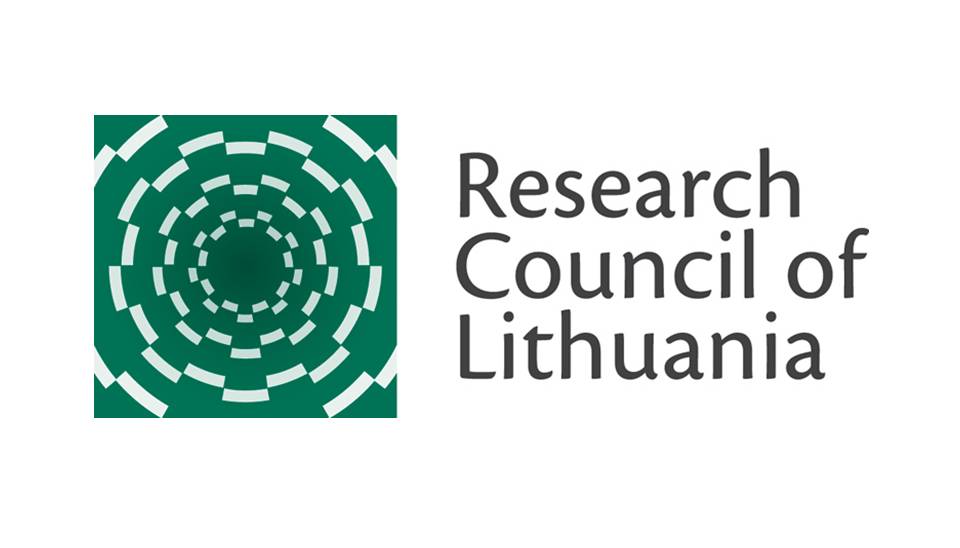Project idea
The modern liberal state, while guaranteeing human rights and freedoms, is unable to effectively mobilise citizens and encourage different socio-political groups to participate in public life. The theory of civic republicanism, represented by Philip Pettit, proposes a model of inclusive civic participation. By developing a concept of freedom as a concept of non-domination, this theory distances itself from the positive and negative freedoms that have so far dominated political philosophy, and by constructing an instrumental application of civic virtue, civic republicanism lays the groundwork for the development of political institutions driven by civil society, and promotes accountability of government. In order to preserve the established freedom of non-domination, citizens develop a critical attitude towards political institutions, and take on the responsibility of maintaining a continuous presence in private and public life. The rejection of the common good inherent in classical republicanism creates opportunities for the inclusion of so far politically marginalised socio-political groups in the civic space. Civic republicanism, in a context of non-domination, provides a common political metalanguage for all, which becomes a favourable medium for articulating the political needs and interests of different groups. All this shows that the theory of civic republicanism can provide an attractive and inclusive model of civic participation in a modern pluralistic society.








